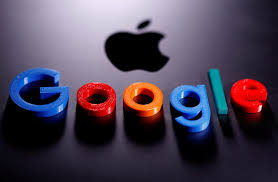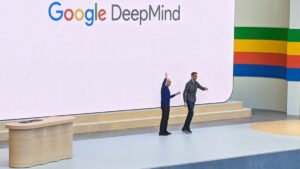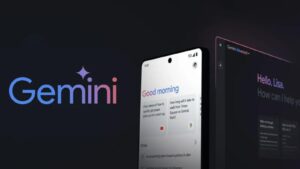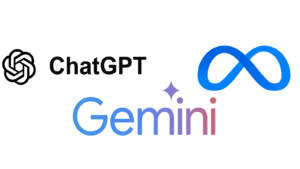Google aims for partnership with Apple to incorporate Gemini AI by mid-year

Google’s AI Plans for iPhones
Google is in discussions with Apple to possibly integrate its Gemini AI technology into future iPhones. This information was disclosed by Google CEO Sundar Pichai during an antitrust trial in Washington, D.C. The details emerged as part of the defense against proposals by the U.S. Department of Justice (DOJ), which has been scrutinizing Google’s business practices, particularly its deals with major companies like Apple, Samsung, AT&T, and Verizon to be the default search engine on new mobile devices.
Discussions About a Possible Deal
During a session where he was questioned by DOJ attorney Veronica Onyema, Pichai mentioned that while there is no formal agreement yet with Apple regarding the inclusion of Gemini AI, discussions have taken place between him and Apple CEO Tim Cook. These conversations occurred last year and focused on integrating Google’s AI technology into Apple’s ecosystem.
Pichai indicated that if a deal is achieved this year, Gemini AI could potentially be part of Apple Intelligence, a suite of AI functionalities that Apple already offers.
Future Features and Advertising
As part of this collaboration, Pichai shared that Google is also looking to explore the possibility of rolling out advertisements within its Gemini app. This could enhance the monetization strategy associated with the AI technology, blending ad services with automated intelligence functionalities.
Antitrust Concerns
The trial has highlighted concerns over Google’s dominant position in the online search market, especially regarding how this dominance could be extended to the AI sector. According to previous rulings by U.S. District Judge Amit Mehta, Google has maintained its market stronghold by investing billions in agreements with mobile carriers and manufacturers.
Potential Impact on Competition
As the trial unfolds, the judge is considering actions that may significantly alter the competitive landscape of the internet. The DOJ, along with a coalition of state attorneys general, is advocating for changes that may even lead to Google divesting its Chrome web browser. Their proposals also include preventing Google from paying to be the default search engine and mandating data sharing with competitors.
Concerns Over Data Sharing
Pichai expressed significant concern over the proposed data-sharing requirements, arguing that they could disincentivize Google from investing in research and development. He described the suggestions to share search indexes and query data as "extraordinary" and likened them to an indirect erasure of the company’s intellectual property related to search technologies.
He cautioned that such measures would allow others to easily replicate Google’s search capabilities, stating that it would be "trivial to reverse engineer and effectively build Google search from the outside," thereby threatening the foundation of Google’s competitive edge.
Summary of the Situation
The ongoing legal challenges facing Google could lead to substantial changes in how the internet operates and how users access information. As the tech landscape evolves, the outcome of this trial will be crucial in determining the future of major players like Google and Apple in the realm of artificial intelligence and online services. The developments surrounding Google’s Gemini AI technology and potential collaborations could greatly influence the user experience and competition within the marketplace.






